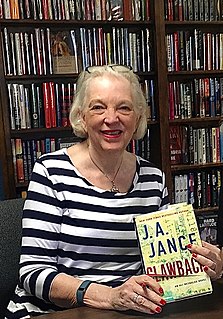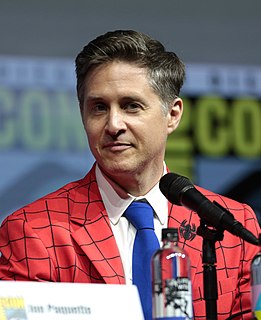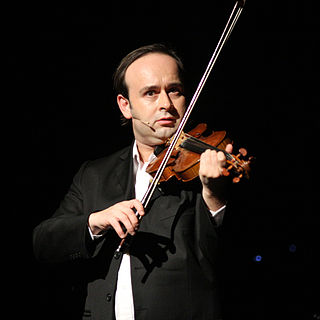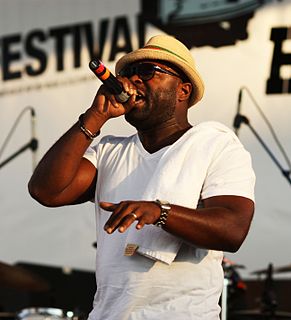A Quote by J. A. Jance
I've been writing for a long time. I sat down to write my first novel in the middle of March of 1982.
Related Quotes
When I wrote my first book, 'The Tennis Party', my overriding concern was that I didn't write the autobiographical first novel. I was so, so determined not to write about a 24-year-old journalist. It was going to have male characters, and middle-aged people, so I could say, 'Look, I'm not just writing about my life, I'm a real author.'
We've always dreamt of a TV series and working in film. When we first sat down to seriously write 'A Little Nightmare Music,' to write something for TV was our original inspiration. But all the stuff we were writing down is not going to work on stage. We had to rewrite it so it would work on the stage.
Cross out as many adjectives and adverbs as you can. ... It is comprehensible when I write: "The man sat on the grass," because it is clear and does not detain one's attention. On the other hand, it is difficult to figure out and hard on the brain if I write: "The tall, narrow-chested man of medium height and with a red beard sat down on the green grass that had already been trampled down by the pedestrians, sat down silently, looking around timidly and fearfully." The brain can't grasp all that at once, and art must be grasped at once, instantaneously.
It's more like I write multiple first drafts, handwritten. So with my first novel, I wrote whole drafts from different points of view. There are different versions of that novel in a drawer on loose-leaf sheets. I won't even look at the first draft while I'm writing the second, and I won't look at the second before writing the third.
I have sat with the mothers who have lost addicted sons. I have sat with families of kids who have been killed in drug-related gang violence. I have been to the prisons. I have seen the effects. At some point in time, I felt I had to do something other than write a novel about it, that I needed to try to make some sort of contribution, at least try to make some sort of difference in the real world.
I let myself go at the beginning and write with an easy mind, but by the time I get to the middle I begin to grow timid and to fear my story will be too long. . .That is why the beginning of my stories is always very promising and looks as though I were starting on a novel, and the middle is huddled and timid, and the end is...like fireworks.
The best advice on writing was given to me by my first editor, Michael Korda, of Simon and Schuster, while writing my first book. 'Finish your first draft and then we'll talk,' he said. It took me a long time to realize how good the advice was. Even if you write it wrong, write and finish your first draft. Only then, when you have a flawed whole, do you know what you have to fix.


































